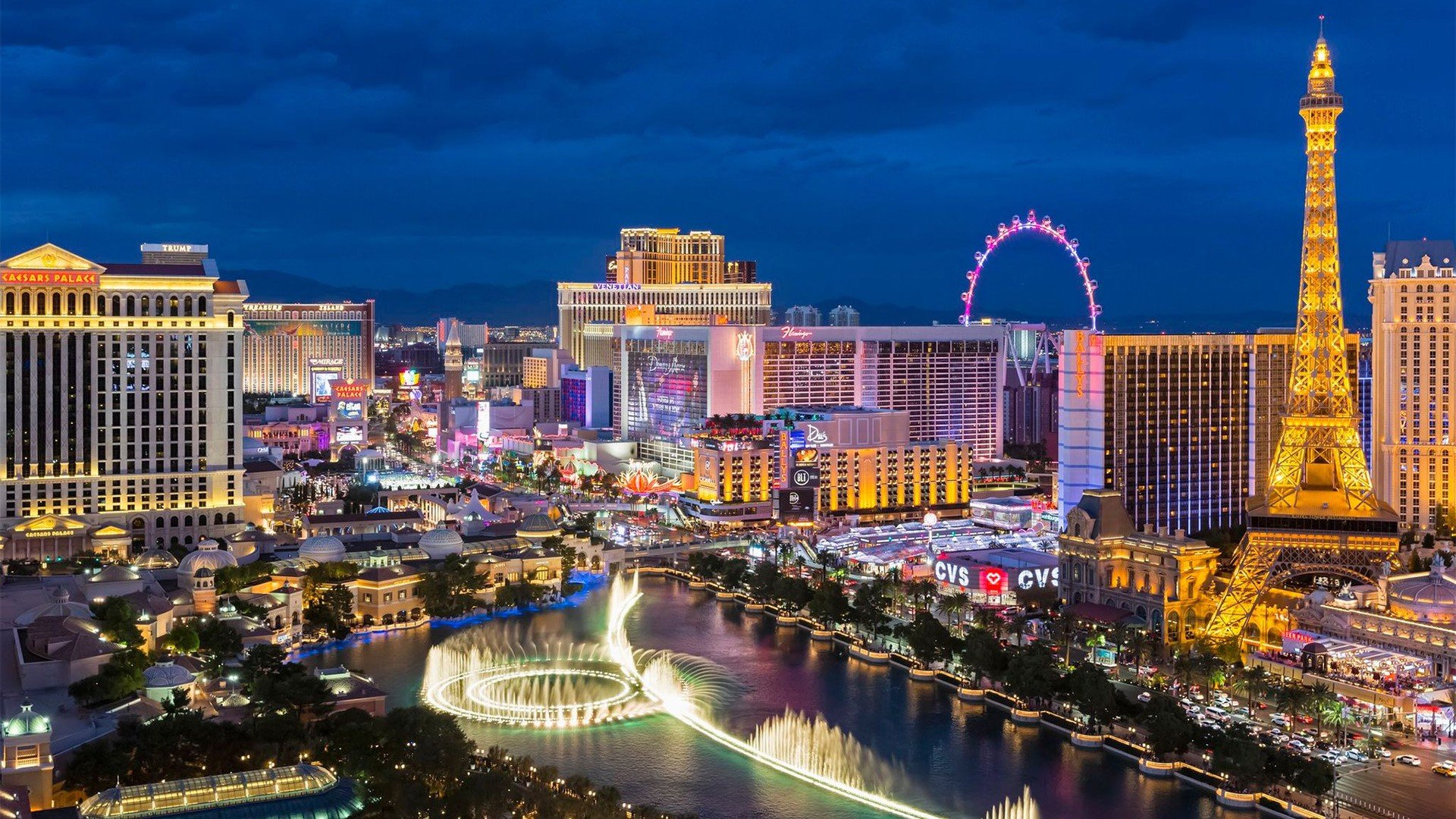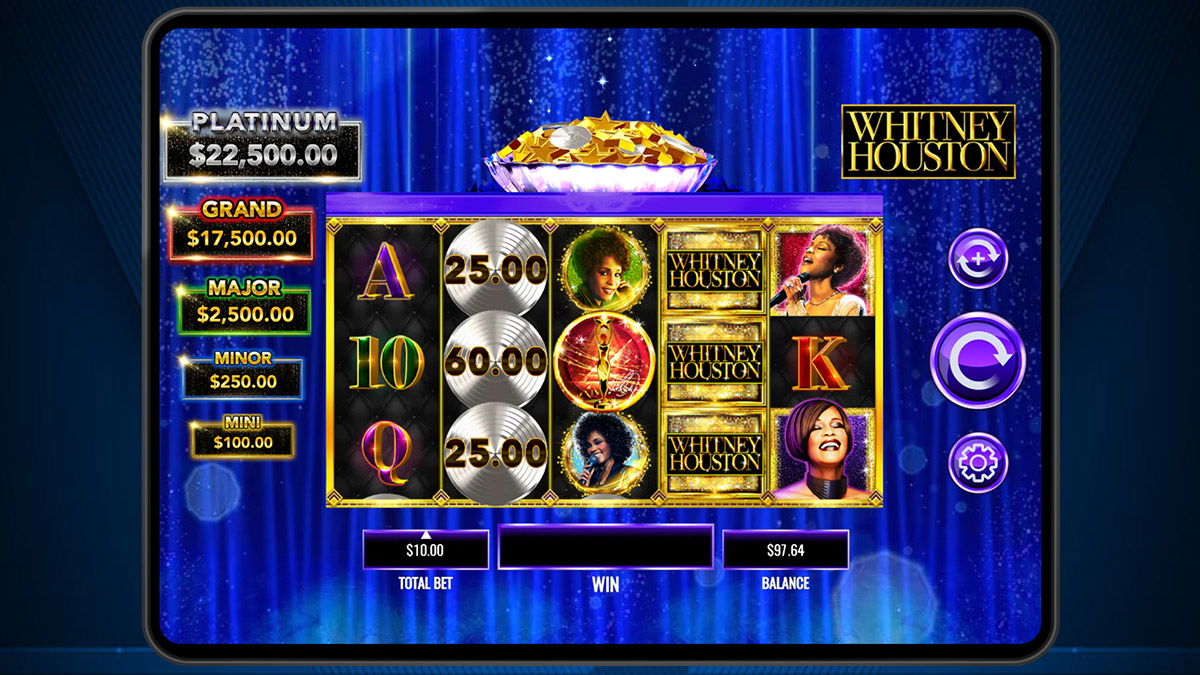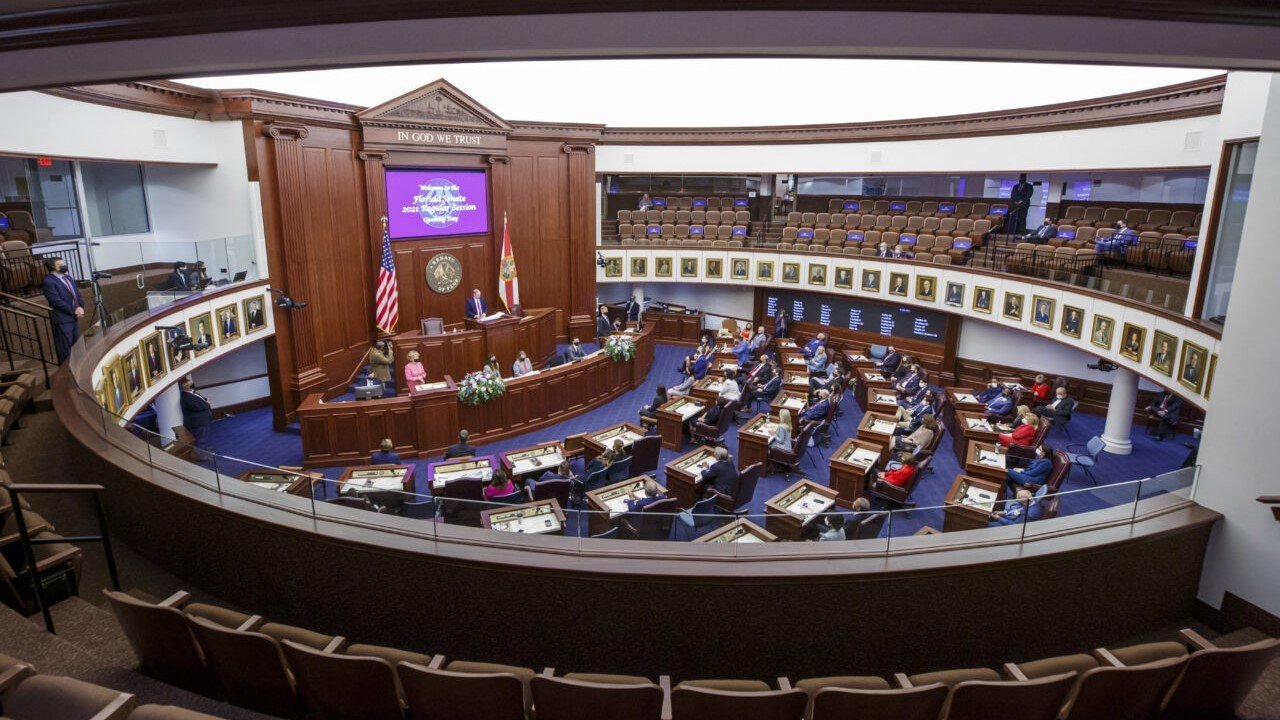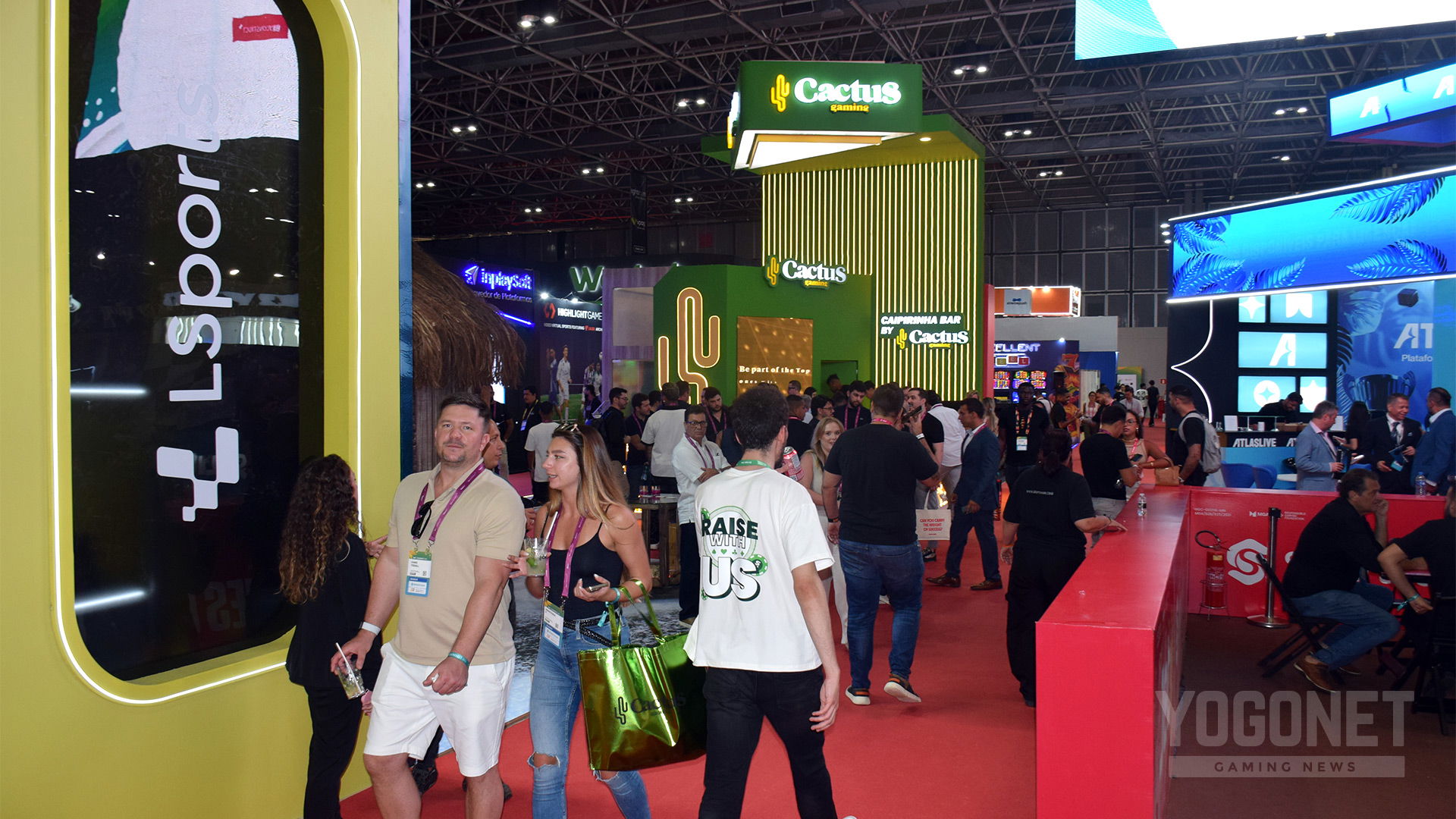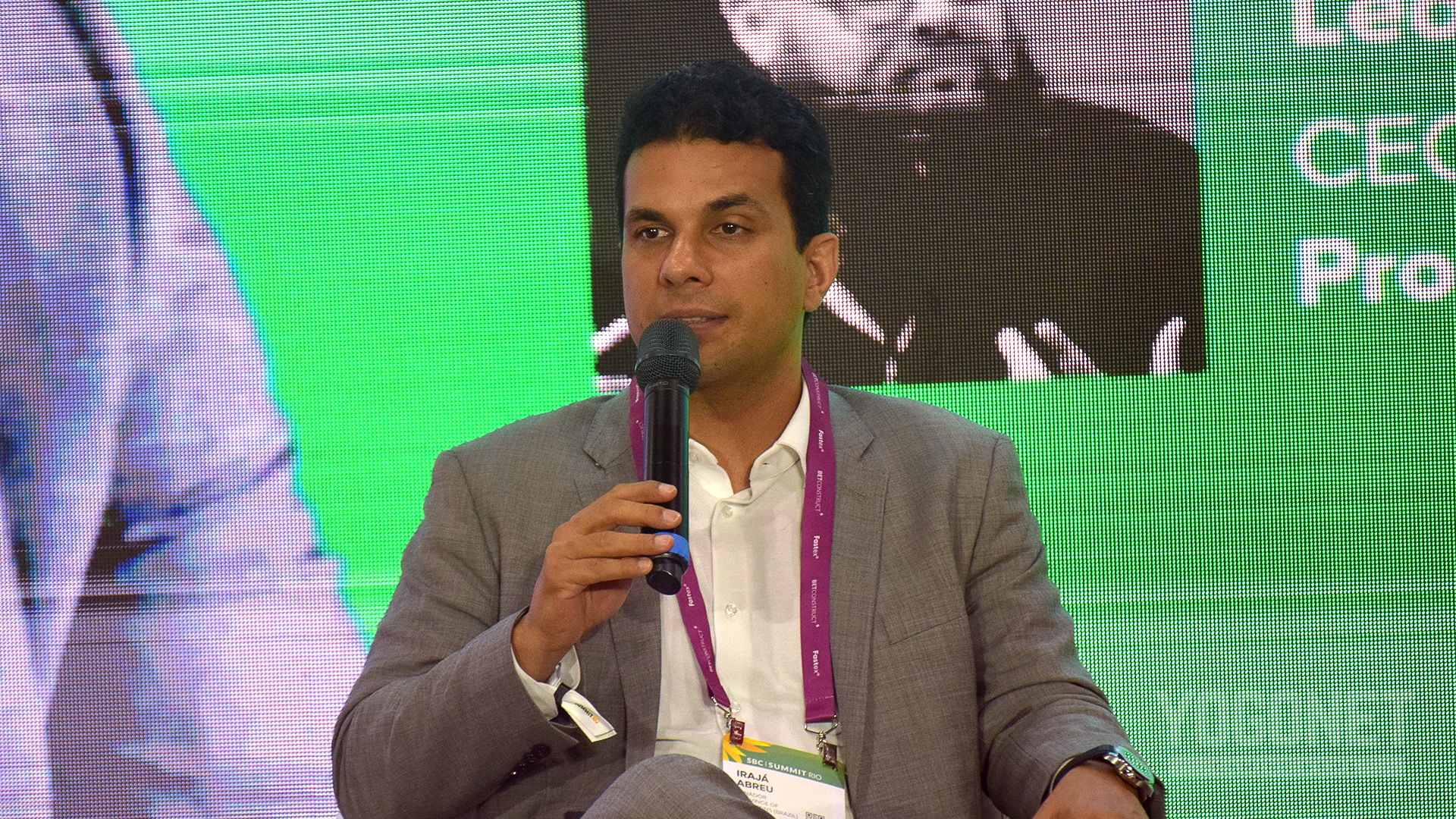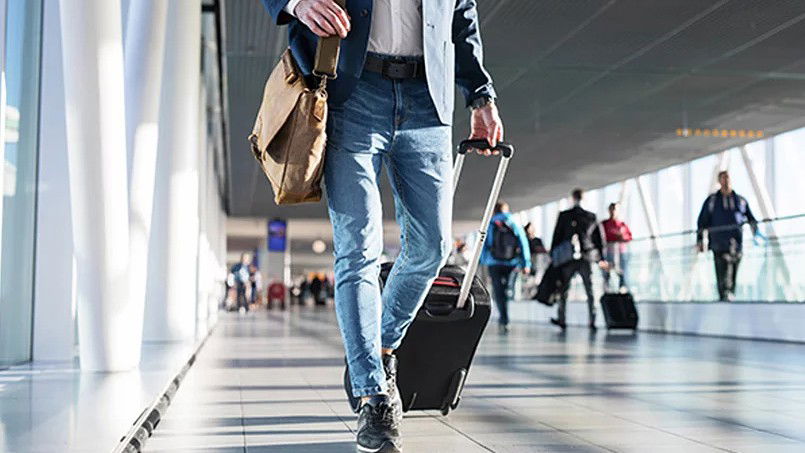Massachusetts weighs banning poker, craps and roulette
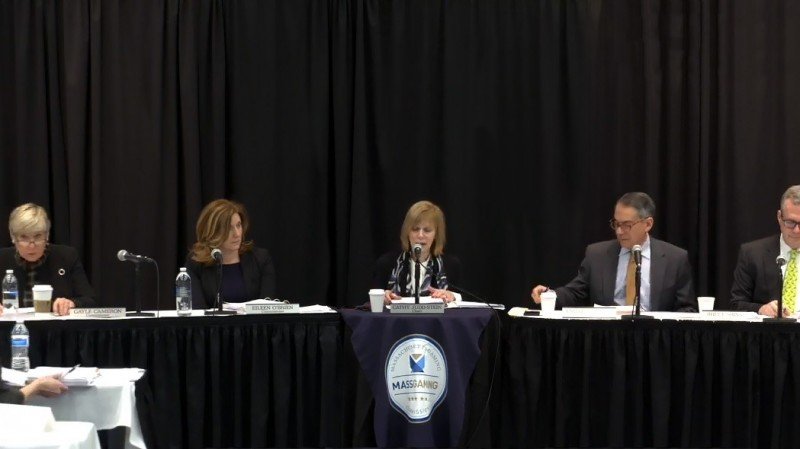
Massachusetts gaming regulators failed to vote on Wednesday on pandemic-era gambling restrictions that would ban poker, craps and roulette and require plexiglass dividers at card tables and in slots parlors, after licensees balked at some of the commission’s proposed requirements.
The Massachusetts Gaming Commission met Wednesday to work towards finalizing its minimum requirements for reopening, and settled on a number of guidelines.
Plainridge Park Casino in Plainville, MGM Springfield and Encore Boston Harbor in Everett have all been closed since March 15 and cannot reopen until June 29 at the earliest. Casino gambling has resumed in Las Vegas, Connecticut and other states around, and the Gaming Commission has been studying how those jurisdictions have fared.
No reopening date has been set, and casino operators say they will need 10 to 14 days notice in order to ramp back up. Encore Boston Harbor has discussed a tentative reopening date of Monday, June 29 as a tentative opening date. But the formal reopening date depends on Gov. Charlie Baker’s reopening plan, and is expected to occur at Phase 3. The state is in what officials have called the first part of Phase 2. The gaming commission plans to meet again next week and vote on the new rules with any final decisions about reopening up to the governor’s office.
Plans call for no poker, craps or roulette until further notice, blackjack-style gaming tables will be capped at three players, and slots machines will be separated and are likely to have some sort of barrier between them. The commission is also weighing occupancy limits, but the licensees raised some issues with the cumulative effects of the commission’s proposal to limit the total number of gaming positions and require the installation of plexiglass shields at all gaming tables.
“Our licensees are saying to us that there is a potential that that is a game-changer for them, to impose that requirement,” commission Chairwoman Cathy Judd-Stein said, as reported by the State House News Service. “We have, without knowing that, we all agreed that that made good sense in light of the current public health standards.”
None of the gaming establishments said Wednesday that they would not reopen under the terms of the guidance commissioners discussed Wednesday, but said they wanted to better understand what reduced capacity would mean for their businesses and wanted to get updated employee counts to the commissioners if they plan to take workers into account when calculating capacity limits. So instead of voting to finalize the guidance document, commissioners decided to delay and asked Interim Executive Director Karen Wells to coordinate with each licensee to gather information and schedule another meeting. Judd-Stein said the commission will give notice of the next meeting “as soon as possible.”
She told the officials that even if their casinos in other states are not required to adhere to as rigid of a set of guidelines, they should recognize that the pandemic has played out differently in Massachusetts than in other parts of the country.
“We’re hopeful that you are appreciative of the challenges that are here in Massachusetts in terms of where we are with our public health metrics and that you keep an open mind to consider this mitigating option because the health of patrons and employees, we all agree, is paramount,” Judd-Stein told representatives from the three betting halls. “With that said, we want to be fair but we obviously need more information if this today presents a real challenge for you with your business model. I think we have a document that is really close.”
At least a week before reopening, each licensee will be required to submit its own plan detailing “the steps and measures the licensee will take to achieve compliance with the guidance and protocols” to the Gaming Commission, and each facility will have to be fully cleaned and disinfected.
Upon arrival, gamblers will be told not to enter if they have recently had any COVID-19 symptoms, casino staffers will hand out masks or face coverings if guests do not have their own, and hand sanitizer will be made available. Players will be required to wear something that covers their nose and mouth upon entry and while in the gaming area.
The casinos will be asked to limit how often players touch cards or chips, and will have to develop a protocol for chip sanitization so that all chips have been sanitized before they are issued. Each facility will also have to come up with a plan to replace cards based on volume and frequency of play.
Commissioners acknowledged Wednesday that whatever guidelines they approve will probably change once the slots parlor and casinos reopen and the regulators can determine what is and what is not working the way they intend.


